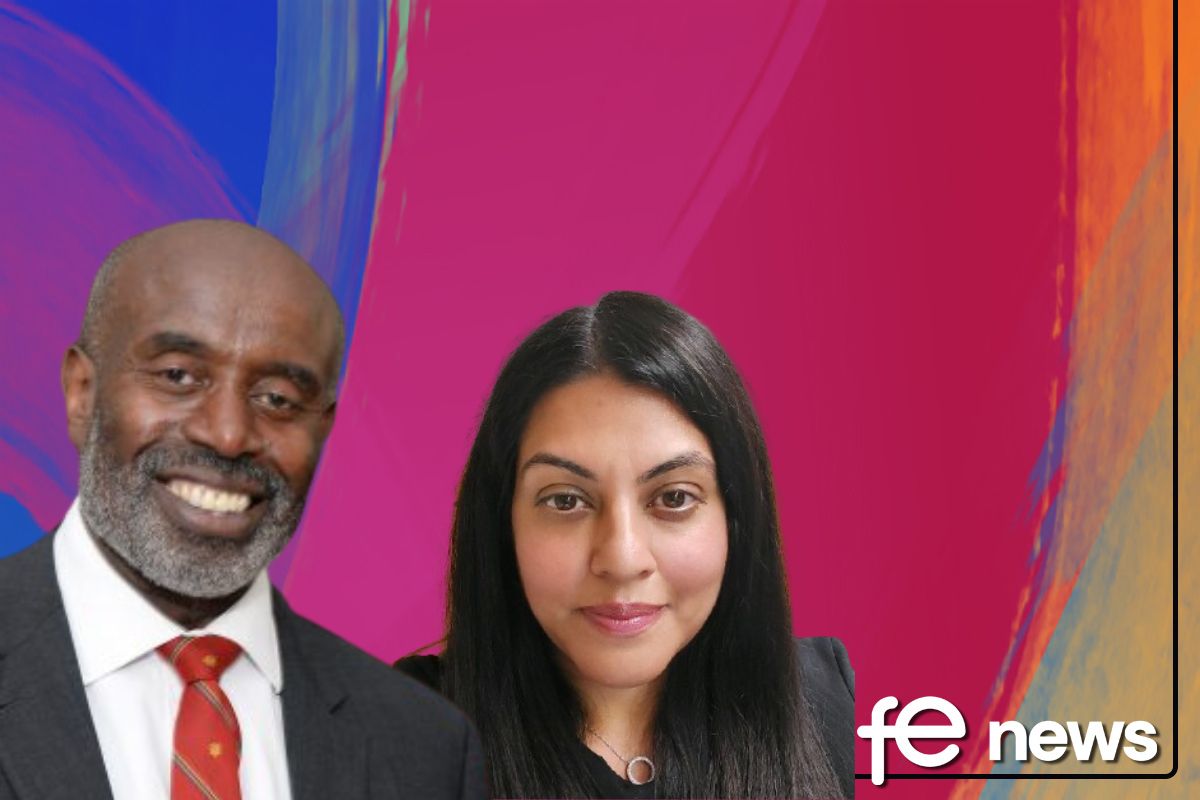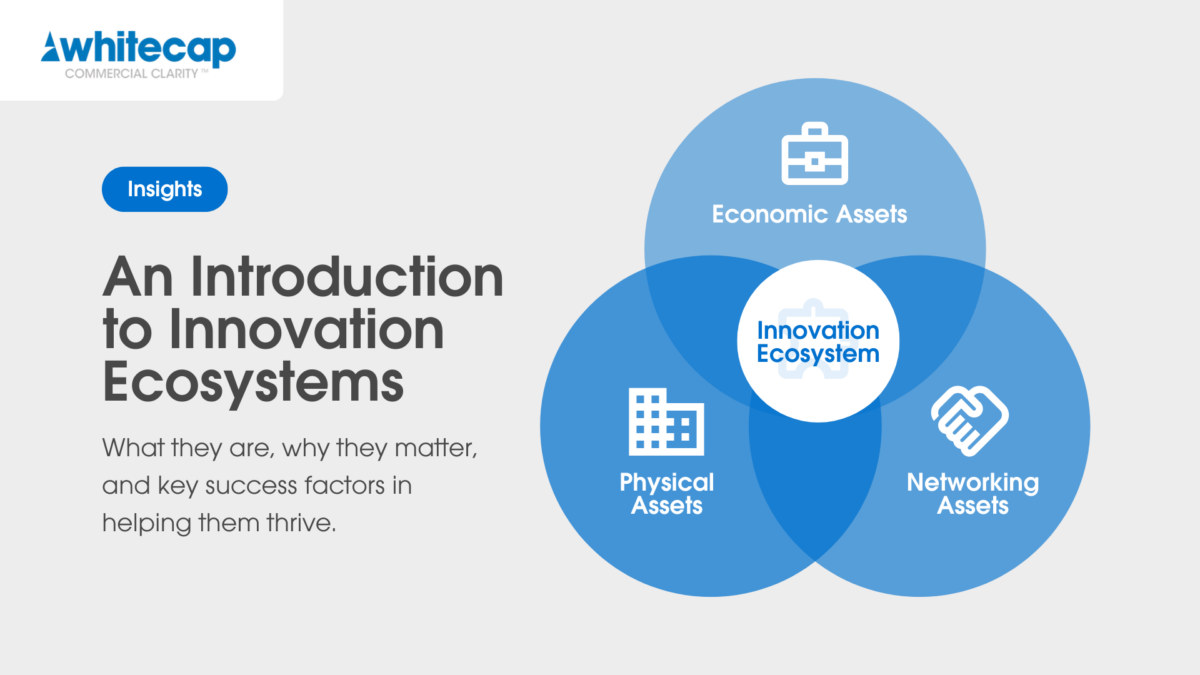The Power of Inclusive Leadership: Building Stronger Teams and Organisations

Anju Virdee, National Head of Leadership Development Design & Development and Jeff Greenidge, Director for Diversity and Governance at The Association of Colleges, talk about inclusive leadership – an approach that values and incorporates diverse perspectives, backgrounds and experiences – how to achieve it and its importance in the FE and Skills sector.
In today’s rapidly changing and diverse workplace landscape, leadership is more crucial than ever. Research consistently shows that inclusive leadership is a key driver of success, helping organisations thrive in the face of challenges and uncertainty. According to a study by Deloitte, inclusive teams are 80% more likely to outperform their peers. In this article, we will explore the concept of inclusive leadership, its remarkable benefits, and how individuals and organisations can cultivate this essential skill.
“In today’s volatile, complex, and uncertain world, the FE and skills sector needs to think differently about how it is managed and led. Its role is multifaceted, providing an educational, economic and social offering to young people, adults, and employers —and effective leadership is essential to navigate these challenges,” says Jeff.
But what does ‘inclusive leadership’ really mean?
Anju says “ETF have designed with the spirit of inclusion and demonstrating through the leadership courses what it takes to be an inclusive leader and what it means for our teams and organisations. For me, inclusive leadership is an approach that values and incorporates diverse perspectives, backgrounds and experiences. An inclusive leader actively listens, empathises and creates the environment where every team member feels valued and heard. An inclusive leader recognises that diversity is a strength and can leverage it to foster innovation and drive organisational success, diverse teams are more creative and innovative as they bring a wider range of ideas and solutions, better choices can be made if we practice being open to ideas from others, leading to much richer problem-solving.”
Jeff adds “The introduction of artificial intelligence means that knowledge can be gained in one click, and therefore leadership must go beyond that. Vision statements, objectives and KPIs are loved by managers and do secure compliance, but this doesn’t necessarily translate to culture of the organisation and the behaviour of individuals. How often do we see managers failing to act on information despite having extensive risk assessments in place? How often do we see resistance to change from the stated business objectives even though the context has changed?”
So, what is the new leadership paradigm?
Jeff: “Let’s turn to the world of rugby, a sport I love, and admittedly, am very biased towards. Rugby is a team sport so collaboration is a must. It is a strategic game that can only be won with a total team effort. However, national teams come together from different club cultures, and therefore have different ways of communicating with each other, which can lead to major misunderstandings on the field, and cost the team the game. The best teams have a homogenous team culture in which everyone understands they are a part of a whole and build an ethos so no one player tries to outshine their teammates. There is a pride and sense of belonging in the jersey and in the best teams a solid cultural identity which leads to an almost telepathic way of communicating.”
Anju agrees, “Creating and maintaining diverse and inclusive teams requires a proactive approach. Inclusive leaders prioritise diversity in recruitment, actively seeking staff from a variety of backgrounds, the awareness of how then to induction, onboard, support, nurture a diverse staff team is key to reap the benefits of inclusive leadership. It’s bringing together two things for me: our awareness and actions.”
How do we get there?
Jeff says “Leaders must become more skilled and attuned to understanding human behaviour, recognising emotional triggers and cultural intelligence. Some of the best leaders I have seen in sport and in business are great motivators: they sense the mood of the team or organisation and can then adapt their approach to different team members. I think it is important leaders constantly scan the environment and adapt their actions and approaches. Great leaders encourage and challenge us to do better, to think differently and, in many ways, leave us in a better place than they found us. They know that diverse perspectives make for better decision-making, and actively seek to involve and engage diverse perspectives, experiences, and backgrounds in problem-solving processes. When different viewpoints contribute, creativity and innovation to tackle complex challenges thrives.”
How does ETF’s Inclusive Leadership programme support leaders?
Anju remarks on the programme and says “In the Inclusive Leadership programme, we have thought carefully about the deep learning experience we would like to offer leaders with the opportunity to develop their inclusive leadership skills at every step they take to create an inclusive working environment. This is a commitment from Education and Training Foundation (ETF) to support staff to engage in diversity and inclusion training, seeking out mentors who exemplify inclusive leadership, and practice active listening and empathy in their daily interactions. It’s crucial to remain open to feedback and continuously strive for self-improvement in this area.”
Why is it so important to concentrate on an inclusive approach?
For Jeff the answer is obvious: “Money alone cannot buy a good team. In uncertain and complex situations, diverse perspectives can lead to more robust and well-rounded decisions. Our leaders in FE must become motivators who can “feel” the mood and motivation of team members. All leaders must scale up their humanistic knowledge by understanding the fundamentals of human behaviour, the core of motivation and the essence of team spirit. They must seek to foster a culture of collaboration and adaptability that is essential for thriving in rapidly changing environments. We know that individuals are seeking workplaces that value and respect their unique perspectives, and therefore inclusive teams and organisations are more likely to attract top talent from diverse backgrounds. Moreover, inclusive leadership also helps retain talent by promoting a positive and supportive work culture.”
Anju also points out that “Inclusive leadership is not just a buzzword; it’s a proven strategy for building stronger and more resilient organisations. By embracing inclusivity, leaders can create environments where diversity thrives, innovation flourishes, and staff feel valued and empowered. I wonder how often inclusion is debated as a growth strategy for employers. It’s a commitment to creating workplaces where everyone has a voice, and everyone’s potential can be fully realised.”
By Anju Virdee, National Head of Leadership Development Design & Development and Jeff Greenidge, Director for Diversity and Governance at The Association of Colleges











Responses